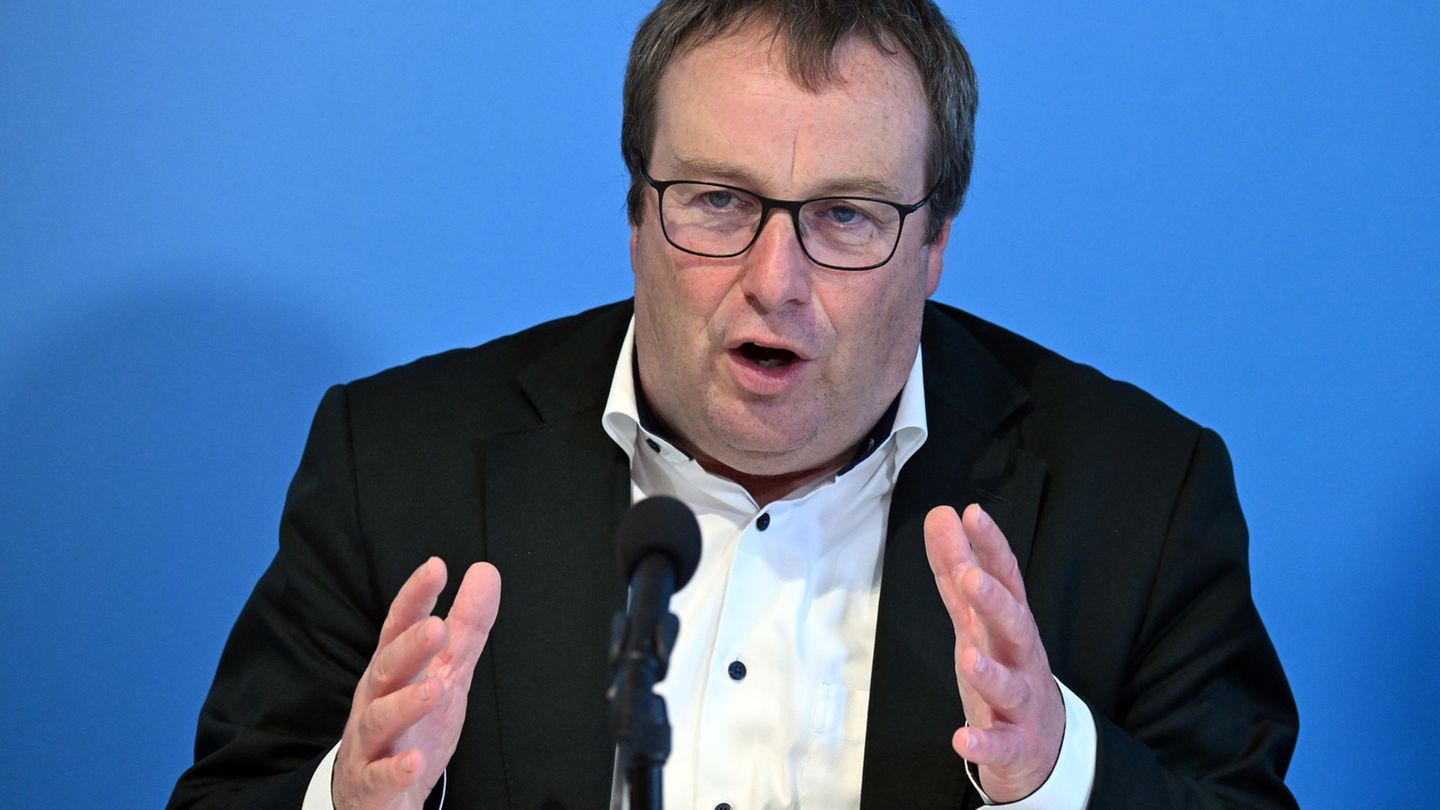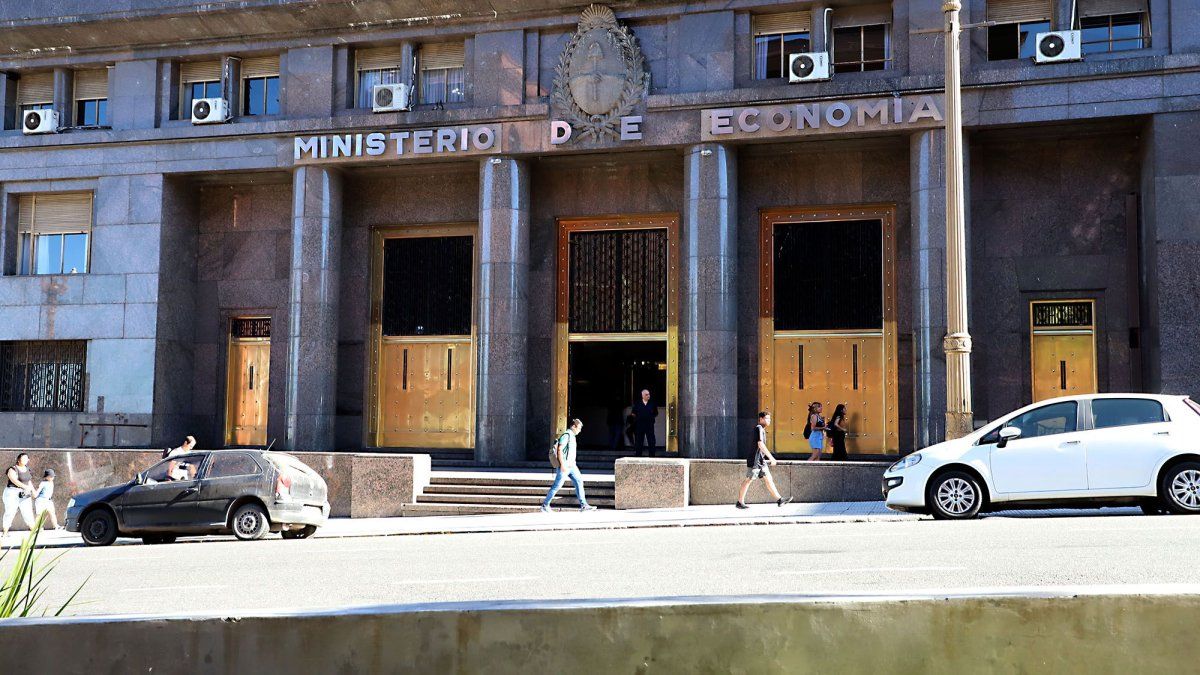Image: (APA/HANS PUNZ)
The abuse of office trial against several ex-top officials of the now defunct Federal Office for the Protection of the Constitution and Combating Terrorism (BVT) continued on Thursday with the interrogation of the then BVT director Peter Gridling. The accused are accused of housing a Syrian general in Austria and procuring asylum for him despite the lack of legal requirements. Gridling says he didn’t know anything about the operation.
“Not every official act reaches the directorate,” emphasized Gridling. There are always collaborations that normally only a small group of people knew about. In most cases, cooperation was concluded at departmental and departmental level, only in the case of “something larger” did the deputy director take over. However, there is only a proper cooperation agreement at the directorate level. Gridling himself didn’t know anything about the “White Milk” operation. “The facts only became clear to me when the WKStA determined”.
In their interrogations, the accused repeatedly pointed out that they either did not know anything or simply followed instructions because of their rank. “If I receive an illegal instruction, I have to draw attention to it,” says Gridling.
internal tensions
The fact that information “passed” him directly to the Director General for Public Security was nothing special. His deputy at the time was not obliged to inform him about the cooperation agreement, “but it would have been absolutely necessary in terms of responsibility”. This deputy, in turn, would have received his information from the department head Martin W., who was initially accused but was unable to stand trial due to illness. Gridling emphasized that there were “tensions and a competitive relationship” between the head of department and his superior, the deputy BVT director.
His own relationship with his deputy was very close, probably because “he had responsibilities that went beyond the usual deputy director. That wasn’t my decision, but that of the ministry.”
Ultimately, he could not explain why he had not been informed. If that had been the case, he would probably have commissioned an examination of the cooperation. “The cooperation is not an end in itself”. In the end, he ended the cooperation himself shortly after he found out about it, Gridling said.
torture in prison?
The Syrian general has been accused of complicity in torturing opponents of the Syrian regime in a prison in Raqqa. In the meantime, the Vienna public prosecutor’s office is also investigating what is happening in the Syrian prison.
Martin W.’s deputy at the time was also called as a witness. At the time the allegations were made, he had had a “friendly” relationship with his superior, but that had changed in the course of the BAT process and the sometimes “disturbing” things that arose there . He couldn’t say how Operation “White Milk” came about, only that it was “a marginal issue” at the time. “Top-trained employees, some of whom have been with us for many years” were entrusted with it – he could not say whether the accused had fulfilled the task out of “joy or love”. It is clear that it was “certainly an interesting cooperation (…) and its task”. But he never saw a cooperation agreement.
Head of the extremism department as a witness
Before that, the then head of the extremism department testified as a witness to the “Causa Tulip”. The State Office for the Protection of the Constitution and Combating Terrorism (LVT) in Upper Austria drew the BVT’s attention to the fact that there was an asylum seeker in Upper Austria who might know the General. One of the accused chief inspectors then advocated questioning him in front of the extremism department that was actually responsible. Something like this “happened again and again, I told him that you are welcome to have him (note: the Upper Austrian asylum seeker) and made him aware that the extremism aspect should be included,” said the official.
She does not rate the former department head Martin W. as a “strong leader”. “Anyone who has witnessed him professionally cannot believe that he acted without instructions from above,” the defense attorney for one of the accused left a message from her on the short message service Twitter.
Who made the agreement with Mossad?
The relationship of Martin W. to the stv. Director was also the subject of the previous interrogation of the second accused, the former espionage boss Bernhard P. Strictly speaking, a dispute about the cooperation agreement with the Israeli foreign intelligence service Mossad. At a meeting of the former chief inspector, the head of espionage and the head of department, who is unable to take part in the process due to illness, the deputy director of the BVT at the time may also have been present. He got into a dispute with the department head at the time, Martin W., about who signed the cooperation agreement with the Mossad. “Everything else miraculously escapes my memory,” said Bernhard P. To this day, he cannot remember who signed the agreement. He always received his information from the department head at the time, Martin W.
The NGO Commission for International Justice and Accountability (CIJA), which approached the Ministry of Justice in 2016 and expressed concerns about the general’s past, was also a central point of the survey. “It’s an intelligence virtue that one should be open to people,” emphasized P.. The intelligence officers nevertheless attempted to verify the information provided by the CIJA, partly because they had doubts about the organization’s credibility. “We wanted to know who this organization is, what interests it represents and who is behind it.”
Trusted NGO?
However, P. cannot remember that he or anyone else had carried out OSINT research on the organization (note: research in freely accessible sources). “An investigation as to whether the CIJA is trustworthy would have been done within 30 minutes,” emphasized senior public prosecutor Ursula Schmudermayer.
Instead, an employee of the BVT drove to the Netherlands as part of the “Red Bull” operation in order to take photos of the supposed headquarters of the organization there on the instructions of the department head W. The former spy chief P. only passed on the order. He no longer remembers what questions he asked her afterwards. “I also don’t take any tapes with me so that I can later record what was said.” No inquiries were made with foreign intelligence services. “If I ask where, then I have to know that I’m also triggering something with the partner service.”
Next BAT process before starting
Another BAT-related process is also about to start. As the magazine “profil” reported online on Thursday, the indictment against a BVT officer who is said to have received money from a German news dealer with a Stasi past for private investigations became legally effective. A date for negotiations in St. Pölten has not yet been set.
Source: Nachrichten




